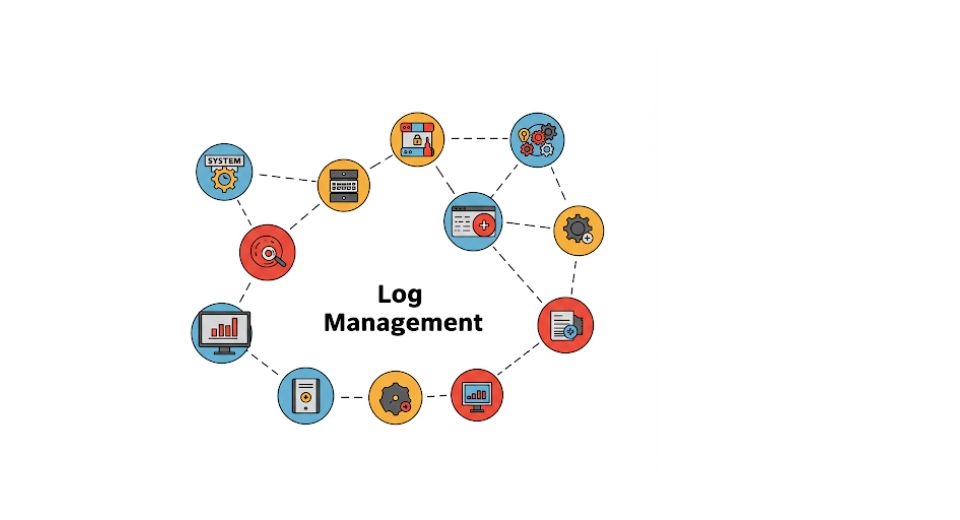
Apr 11, 2025

The research on the Global Log Management Market presents a concrete overview of a sector aggrandized very quickly by today's complexity of digital networks, endowed with an elaborate report by Metastat Insight. Every day, organizations worldwide draw increasing volumes of data into their processing pipelines, which increasingly press the need for efficient log management systems. Those systems were once fuel for the IT department, but now they have to be treated as indispensable for monitoring, security, and operational efficiency. The growth has not, however, happened by itself. It has been brought about by years of digital infrastructure expansion, changing regulatory expectations, and the natural evolution of the enterprise technology infrastructure.
Global Log Management market is estimated to reach $3,654.95 million in 2025 with a CAGR of 12.0% from 2025 to 2032.
There is not even an iota of doubt that logging tools are of high importance nowadays, where issues of information transparency and traceability are not just confined to buzzwords. It's realization organizations are slowly coming to that productive log management is not exhaustive in keeping records, but rather in modeling meaningful behavioral patterns from activity logs capable of informing anything from security protocol to user experience design. With cyber threats becoming more resulting, the companies are mandated to the finest parameters on managing their internal operations and client-facing platforms. Log management systems can thus be relied upon today not only to save records but also imply flagging abnormal behaviors, providing contextual insights, and ensuring adherence to international standards.
The industries, which historically paid little heed to the recording of their data logs, are rethinking their strategies today. However, this does not just apply to information technology-oriented businesses; it also affects the traditional industries of health, finance, and manufacturing. Sophisticated log management systems have been incorporated and installed into these industries to guarantee system integrity, minimize downtime, and provide support for forensics investigation when required. Besides this, remote working models and cloud infrastructure continue to be more complicated, thus requiring more sophisticated and responsive logging solutions.
The complete ecology of such systems has likewise grown such that features ranging from real-time analysis to long-term archival storage are now offered. Such features are becoming essential in regulated industries because, many a time, maintaining records for long periods is required by the law. But again, it is not about storage, but about accessibility, security, and the ability to recognize and interpret data at the moment it is most needed. This level of functionality has led companies to look beyond the traditional paradigms of operational business investment in solutions that are more adaptive, intelligent, and integrated across platforms.
While dealing with this variation in demand, service providers are not only leveraging additional storage and processing power but also enhancing customer experience, automation, and predictive analytics. Customizable dashboards, AI-enhanced log parsing, and seamless integrations with other IT management tools now become standard. These chances will not only encourage internal functioning but also equip teams to make wiser decisions without bogging them down in sheer data volumes.
The journey is faced with many challenges. Currently, the Global Log Management Market is battling out data privacy issues as well as cross-border regulations and the speed at which information is generated. And the harshest legal frameworks are often markets where vendors and customers must play a very cautious game when determining the capacity of their instruments to meet performance needs and be legislatively framed. This is quite usually with the involvement of legal advisers, IT teams, and third-party providers-an intersection that highlights just how deep log management has merged to broader business practices.
Indeed, what one finds most interesting in this regard is the approach with which regions are taking this development differently. Though North America still leads in this regard with respect to adoption and maturity in technology, some parts of Asia and Europe have quickly been brought into the fold, and further pieced together by economic needs as well as regulatory pressure. This subsequently results in another level of complication-influence for services providers to realize offering region-specific features and frameworks compliant with regulations.
As has been rightly made in the very comprehensive assessment made by Metastat Insight, the Global Log Management Market witnesses a broader change in the way data is considered in terms of exactly what it means to be managed in the digital world. Long gone are the days when log management was viewed strictly as a record-keeping mechanism; perhaps now it can be termed the platform upon which security, performance, governance, and even innovation balance. Above all, many businesses are now not only collecting more data but also learning to interpret that data in often-engaging ways. It is a safe bet that this will continue shaping the operational frameworks of organizations for years to come since both technical capacity and strategic understanding expand with time.
Drop us an email at:
Call us on:
+1 214 613 5758
+91 73850 57479